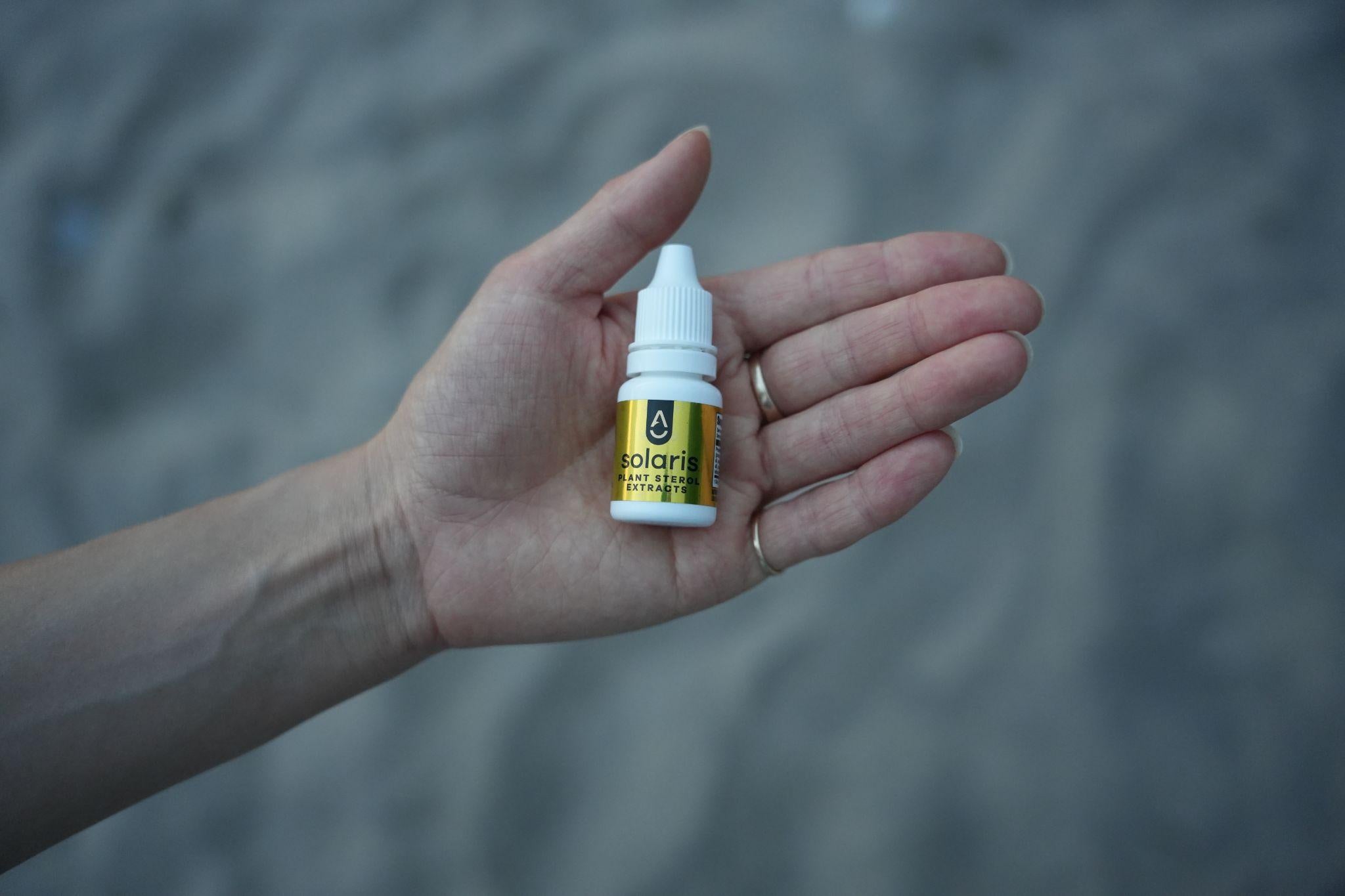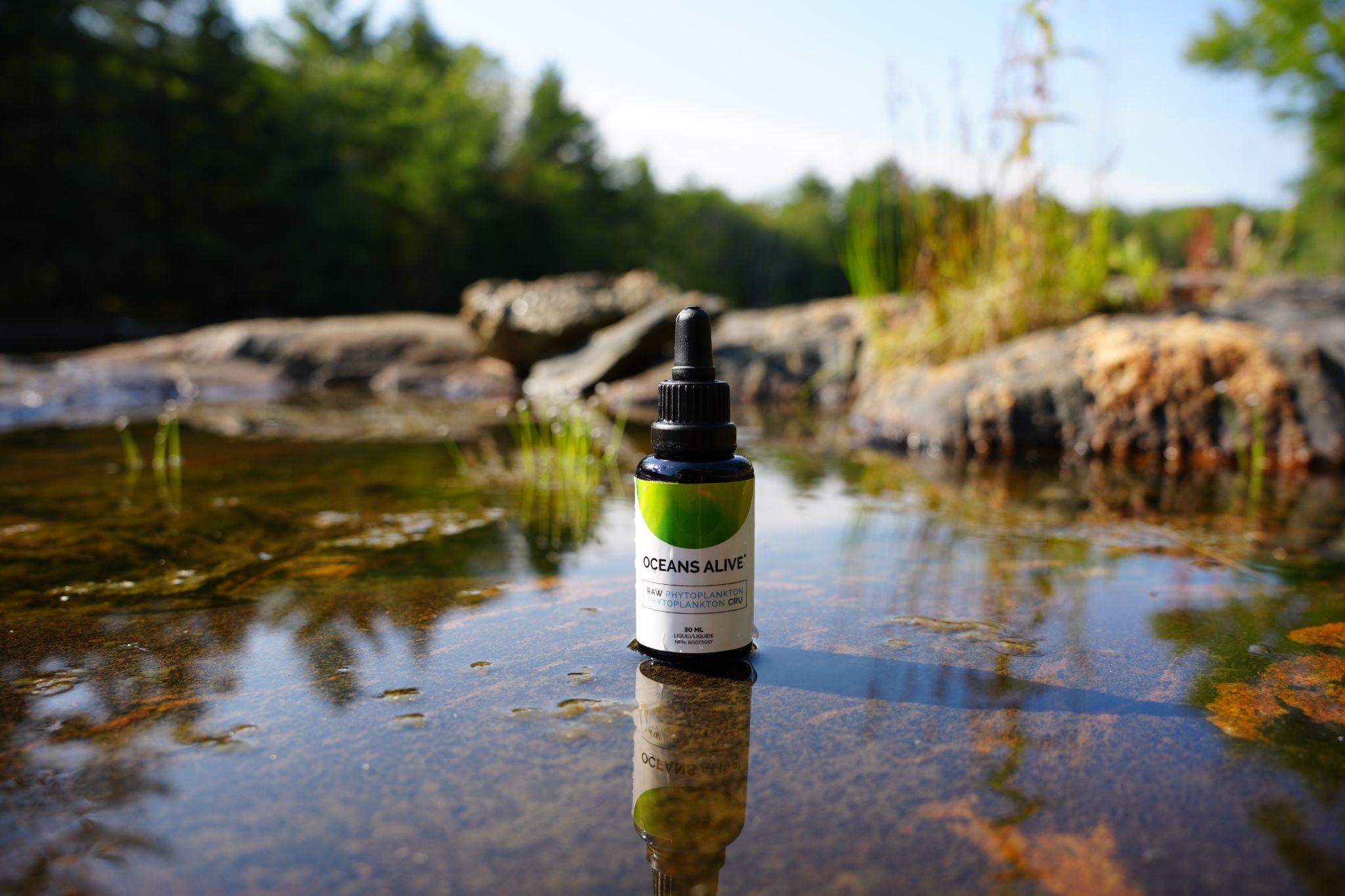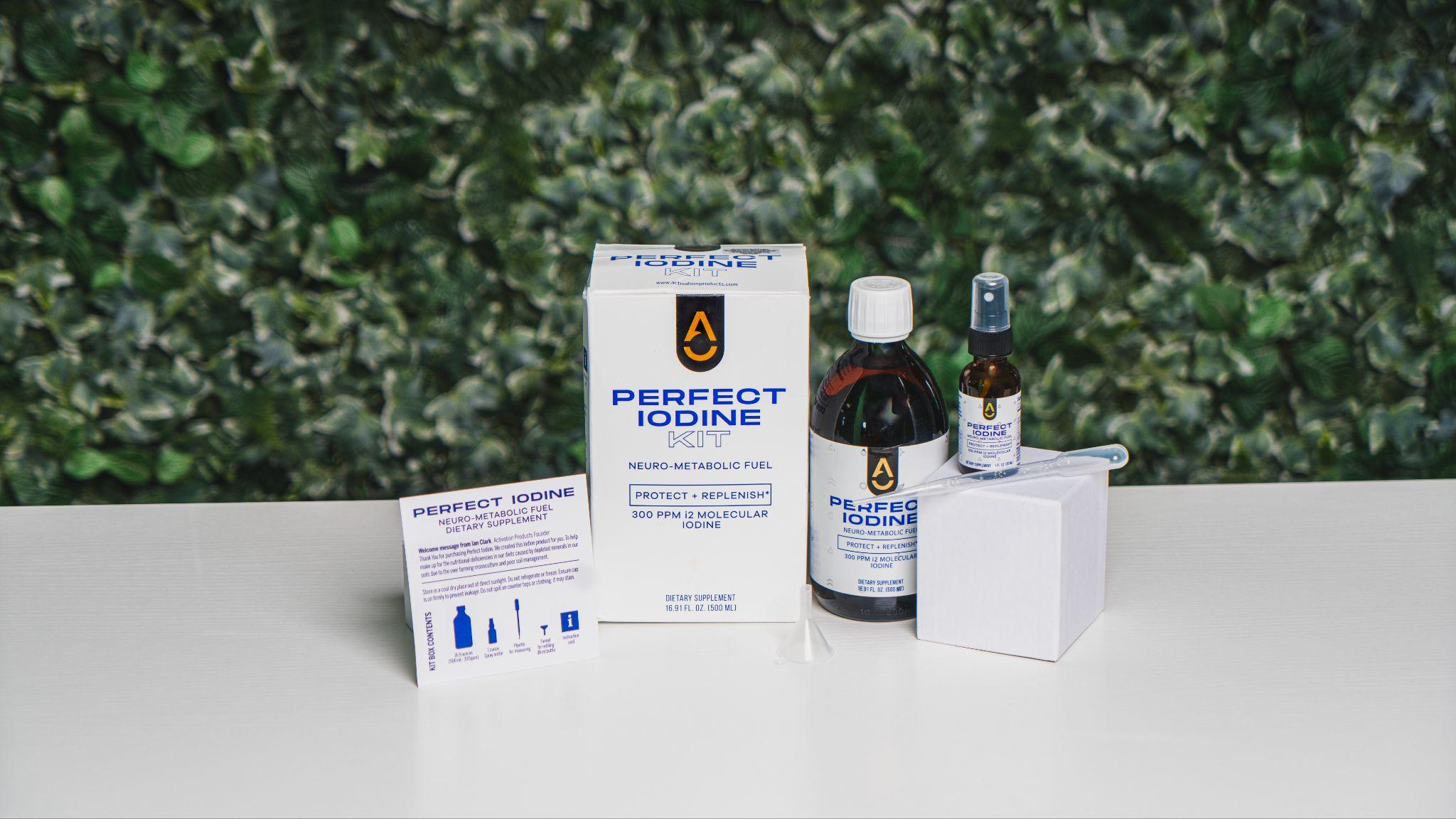
Chances are, your doctor has told you to supplement with magnesium, especially if you’re also supplementing with calcium.
If your magnesium is low you’re at risk for a number of health concerns, ranging from uncomfortable to life threatening.
Magnesium is responsible for over 700 different metabolic processes in your body. You absolutely require it to live.
Magnesium is found in many foods — obviously, people were getting magnesium before the invention of nutritional supplements, right? So why can’t you rely on a healthy diet to get enough of this important mineral?
The Multi-Tasking Mineral
First things first. You need magnesium in order to properly absorb, distribute and use other nutrients, especially calcium and vitamin D.
If your magnesium levels are depleted you can take in all the calcium you want, but it won’t necessarily get into your bones and teeth and other places where you need it. This means that many people who get plenty of calcium still wind up with conditions like osteoporosis, for example.
That’s just the tip of the iceberg.
Healthalicious.com provides a concise list of some of magnesium’s most important jobs: “Magnesium is an essential mineral required by the body for maintaining normal muscle and nerve function, keeping a healthy immune system, maintaining heart rhythm, and building strong bones. Magnesium is also involved in at least 300 biochemical reactions in the body. A deficiency in magnesium can lead to muscle spasms, cardiovascular disease, diabetes, high blood pressure, anxiety disorders, migraines, osteoporosis, and cerebral infarction.”

Getting enough magnesium can start with your diet
These magnesium superstars are good choices if you’re trying to eat more mag.
- Nuts and Seeds: Almonds, cashews, sunflower seeds, and pumpkin seeds
- Whole Grains: Brown rice, quinoa, and oats
- Fish: Salmon and mackerel
- Legumes: Beans, lentils, and chickpeas
- Avocado
- Bananas
- Dark Chocolate
- Tofu
Maybe you’re eating these foods all the time, but you’re still showing signs of magnesium deficiency like muscle cramps, joint pain, poor sleep and stress you need to supplement.
Why food isn’t enough
The foods listed above do have more magnesium than most things but compared to the same foods a hundred years ago, samples today have much less of this vital nutrient than they once did.
How can this be? How can 2016 avocados be less magnesium-rich than 1916 avocados were?
The answer lies in our farming culture. Modern-day practices strip the soil of minerals like magnesium, among others. We damage the soil by neglecting to rotate crops and then we use synthetic fertilisers that replenish nitrogen, phosphorous and potassium, but that don’t include magnesium, calcium and sulphur.
The minerals in food come from the soil in which those foods are grown. Depleted soil = depleted food sources.
Drinking water also used to be a great source of minerals, like magnesium, but contemporary filtering processes have largely wiped out the mineral content. The addition of fluoride to most municipal water supplies also doesn’t help since fluoride can block the absorption of what little magnesium you are getting.
Finally, modern western humans tend to have more magnesium-depleting habits than our grandparents did. Caffeine, sugar and alcohol all negatively impact your uptake of magnesium and many of us take in more of these things than we probably should. This means that we need even more magnesium than our recent ancestors did, yet we tend to be getting less because of the water and food issues we’ve already discussed.
Am I magnesium deficient?
If you want to know whether you are magnesium deficient, you can read more about the symptoms by checking out this helpful blog post.
You can be tested for magnesium but as Paul Fassa at NaturalSociety.com explains, the test results are often meaningless: “Serum or blood level measurements are usually inadequate because magnesium operates on a cellular level and accumulates in organ and nerve tissue. So even good results with blood testing are very often deceptive, leaving one with a magnesium deficiency.”
You can go ahead and supplement with magnesium without being tested though and, if you do it right, you don’t need to worry about getting too much.

Can you overdose on magnesium?
Sort of, yes. Getting too much magnesium from oral supplements can cause uncomfortable side-effects like diarrhoea. This is why milk of magnesia is a traditional home remedy for constipation — it has a very powerful laxative effect.
The trouble is, it’s hard to know how much is too much. Everybody is different.
Transdermal magnesium supplements are both easier for your body to absorb and they won’t cause unpleasant side effects. There are a few topical magnesium supplements out there, but only one has superior absorption with no greasy residue. Pure, pharmaceutical-grade magnesium in a purified water solution.
EASE is the most effective, most efficient and simplest magnesium supplement to use.

Related Links:
https://www.healthaliciousness.com/articles/foods-high-in-magnesium.php
http://www.news-medical.net/news/20110615/Magnesium-essential-for-absorption-and-metabolism-of-vitamin-D-and-calcium.aspx
http://www.mindbodygreen.com/0-18477/7-signs-youre-not-getting-enough-magnesium.html
http://www.everydayhealth.com/pictures/foods-high-in-magnesium/
http://www.onegreenplanet.org/natural-health/magnesium-how-to-get-enough-and-which-foods-are-best/
http://www.health.com/health/gallery/0,,20914173,00.html
https://naturalsociety.com/16-magnesium-deficiency-symptoms-signs-low-levels/
http://livewell.jillianmichaels.com/magnesium-coffee-5186.html
http://www.foodrenegade.com/magnesium-deficieny-symptoms/
http://wellnessmama.com/3610/low-magnesium/






Fish: The Farmed v. Wild Debate
Gluten: Friend or Foe?